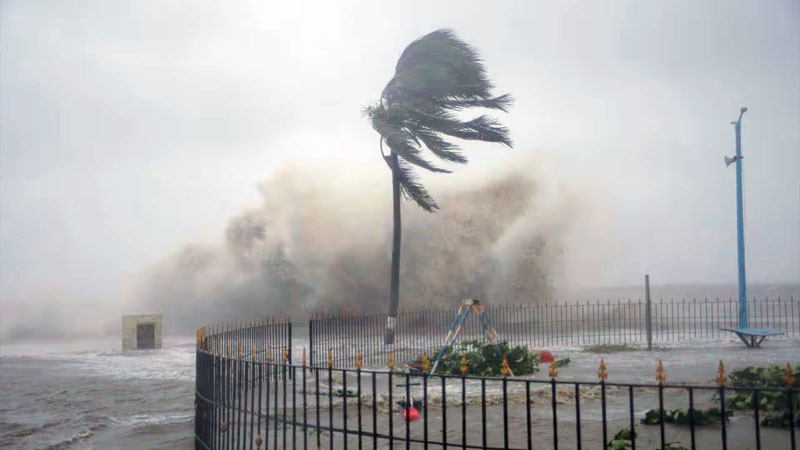Exclusive content

Cyclone Remal has wreaked havoc on the shrimp farming industry in Bagerhat, Bangladesh, causing extensive damage and financial losses. According to the Department of Fisheries, the cyclone, which recently passed over Bagerhat, resulted in the destruction of 40,000 shrimp cages. The financial losses to farmers have been estimated at over BDT 1 billion (USD 8.51 million).
Government Response and Support
In response to the devastation, the government has assured farmers that loans will be available on easy terms to help them rebuild their livelihoods. This assurance comes as a relief to many farmers who have lost everything due to the cyclone.
Five days after the storm, Bagerhat District Fisheries Officer ASM Rasel reported that the cyclone caused the embankments to break and overflow, leading to extensive damage to shrimp farms. Most of the enclosures in the Mongla, Rampal, Morrelganj, and Sarankhola Upazilas have been destroyed, with 54 percent of the total enclosures in the district washed away.
Impact on Shrimp Farming Community
The nine coastal Upazilas of Bagerhat house 74,000 shrimp cages. Seventy percent of the district’s population is involved in shrimp farming, making it a critical industry for the local economy. Bagerhat accounts for 40 percent of the total export earnings of the shrimp sector.
In Joygachi village in Bemarta Union of the Sadar Upazila, the aftermath of Cyclone Remal has left a trail of destruction. Shrimp farmer Sohelur Rahman, who has been in the business for decades, described the unprecedented tidal surge: “I have never seen such a tidal surge due to a storm in my 53 years.” He lost his 25 fish pens on 5.48 hectares of land, resulting in a financial loss of BDT 5 million (USD 42.5 thousand).
Sohelur’s story is echoed by many others. Alauddin Haider Sumon, another shrimp farmer from the Baharbunia Shanirjor area of Morelganj Upazila, lost shrimp worth nearly BDT 10 million (USD 85 thousand). He expressed his concerns about the long-term impact on the shrimp farming industry: “It is hard to recover such losses. I’ve never seen such damage before.”
Future Outlook
Despite the massive losses, District Fisheries Officer Rasel remains optimistic about the future. He believes that the farmers can turn their business around by adopting sustainable fish cultivation practices. Rasel reassured the community that since it is still early in the shrimp farming season, they have time to recover by releasing fry into new enclosures. He confidently stated that export earnings would not be affected.